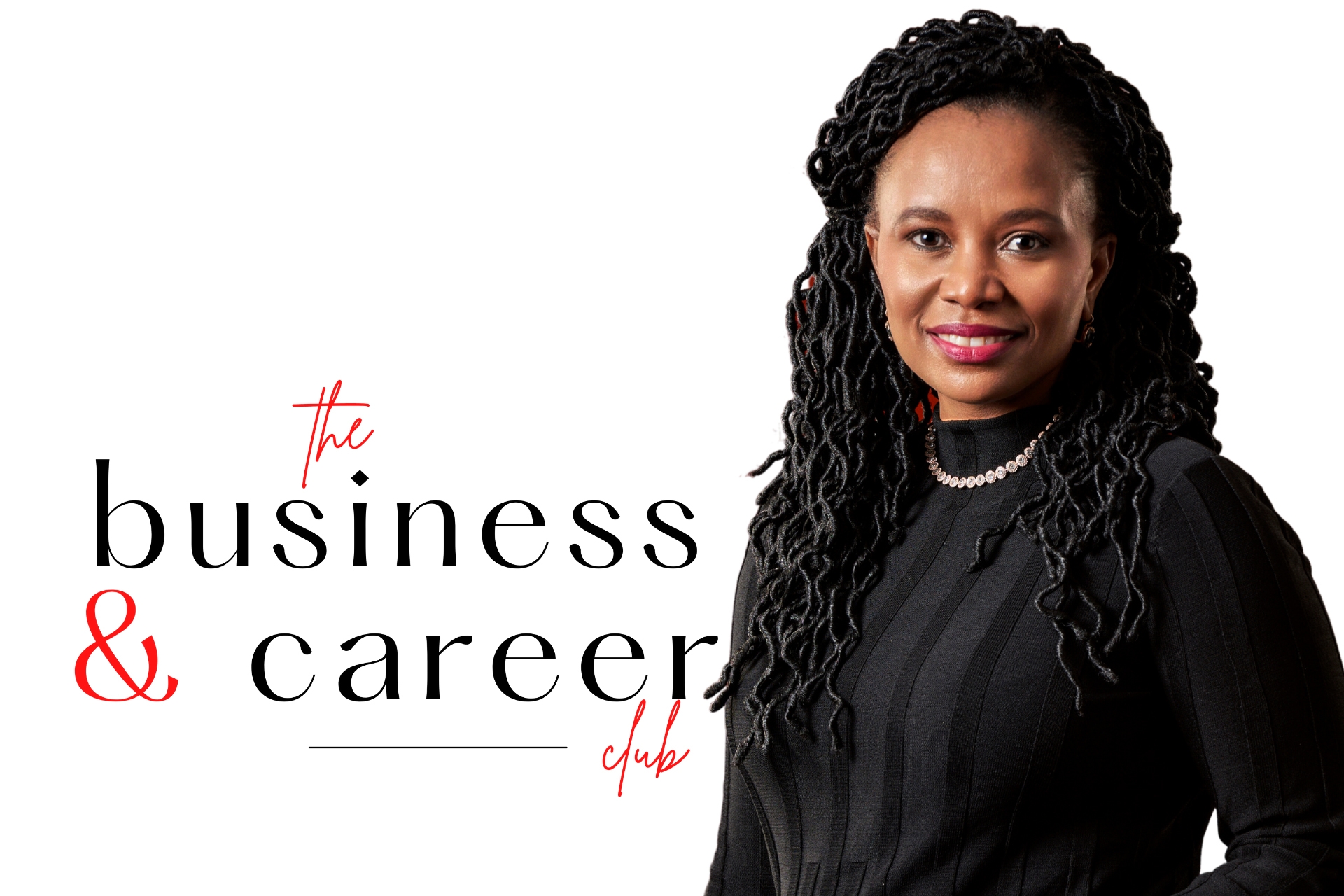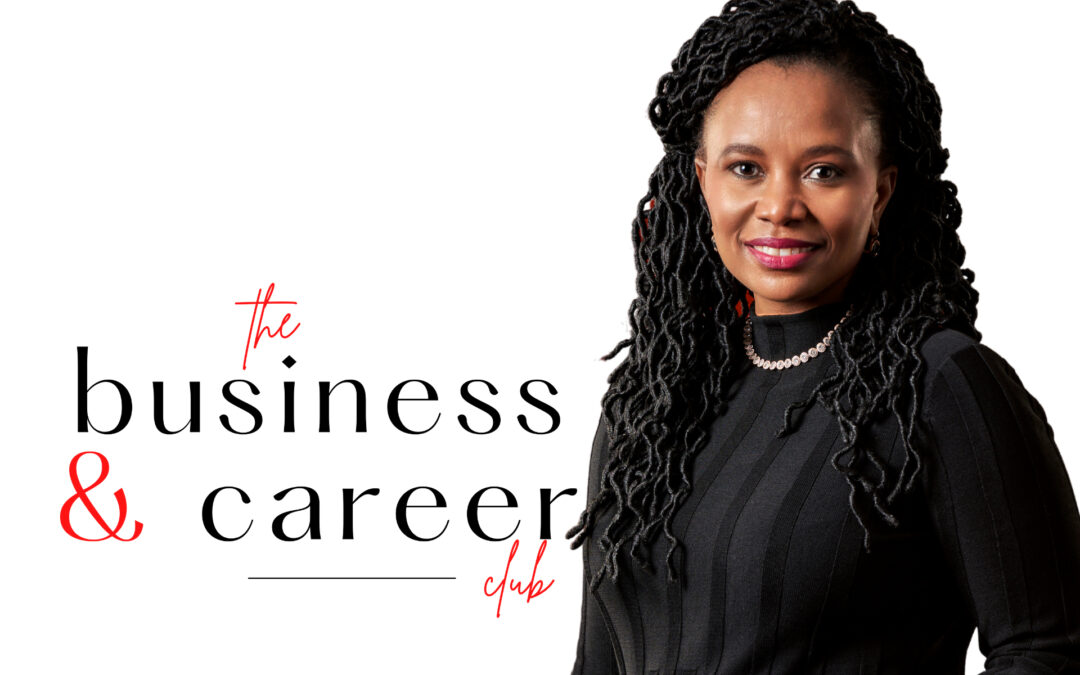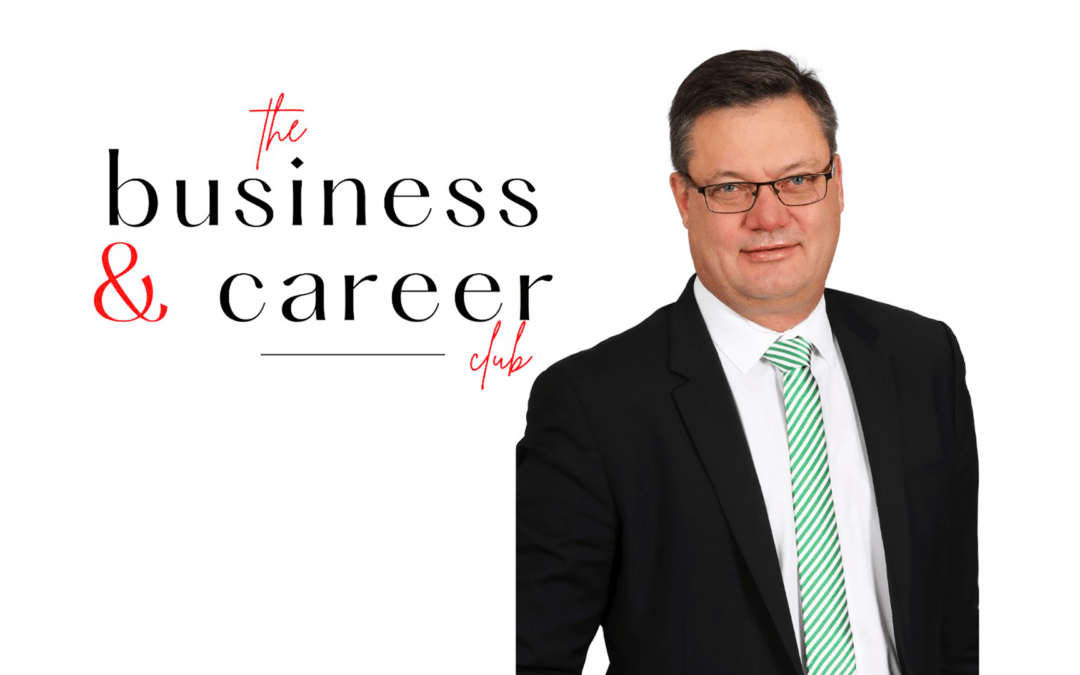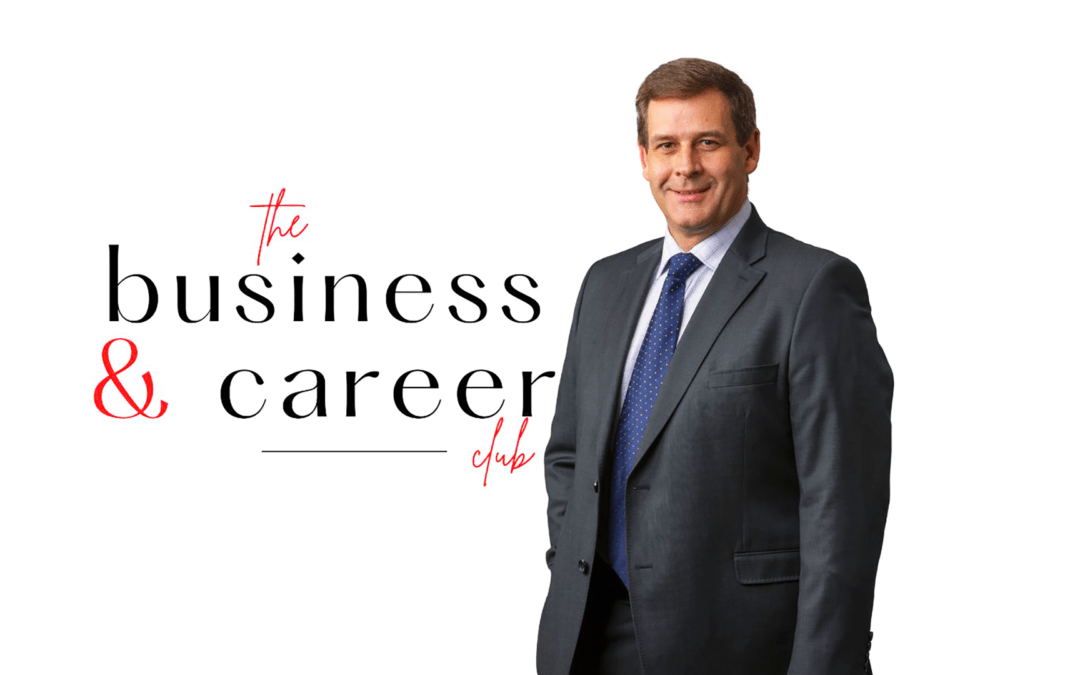The Chief Human Resources Officer of Peermont Fihliwe Molefi says the COVID-19 pandemic has had a significant impact on work at many organisations and Peermont is no exception. The casino group closed shop for many months, and this meant that many employees took pay cuts or went without a salary during the hard lockdown. This affected families as some of the staff were eventually retrenched. The process had an impact on those that left and those that remained because the organisation had to function with less numbers and the trauma of seeing people leave involuntarily.
‘This means that we have a significant problem of mental health and we have seen a number of people going through depression. It is not easy to come to work when you are struggling to make ends meet and this has resulted in other issues such as an increase in abuse and theft. COVID brought about a lot of unintended consequences meaning we can no longer manage people in a straight line. We need to provide interventions that are critical and that may differ from person to person which is a difficult thing to do.’
‘Another issue arising from COVID is that of the hybrid work environment. Although it is easy for office workers and management to work remotely, the challenge we have as a hospitality and gaming business, most functions cannot be performed remotely, as results if we opt for only office and management to work only remotely, we will be leaving a vacuum as this means staff are not manged, but we also cannot be in a situation where we do not allow remote work completely, as the remote work or some hybrid form of work has become a competitive edge for talent retention.’
How can an entity craft a successful strategy in this environment?
‘A successful strategy is one that is well defined,’ Fihliwe says. ‘There are various views on what that definition is. Some say it is an analysis of the present so as to anticipate the changes that need to be made while others see it as something that is difficult to predict as it talks to an organisation’s future. In my view strategy is the actions that will be taken to determine the direction of the organisation. It involves a precise diagnosis of the problem and determining how it will be solved and what are the guiding principles. An organisation needs to take coherent action in order to deliver on what they say is their guiding policy. There are three elements that will make your strategy successful – diagnosis, guiding policy and an outline of actions to be taken.’
Fihliwe advises upcoming professionals to focus on hard work because without it ‘you will not get anywhere’. It is an ethic that cannot be understated in the quest to rise through the ranks. Furthermore, she says it is important to understand yourself and be true to who you are. There are various inhibitions that will come your way and when young there is the temptation to go with the flow.
‘You need to resist the temptation to remain in the comfort zone. You should fight for your space and actively seek more. If I remained reserved and did what others were saying, I would not have progressed. It is important to be authentic because that is what will get you further. Have the drive to propel yourself forward without fearing failure because you will in many instances fail but as long as you pick yourself up, failure is part of the process.’
Asked about one surprising thing about her, Fihliwe admits she has a great fear of cats.
‘It is a deadly fear,’ she laughs. ‘All phobias are irrational, but this one is hard to explain because I don’t know where it comes from. Even the sight of a picture of a cat is enough to give me the shivers. It really surprises people because I have a very strong personality, yet if I go to someone’s home and they have a cat, I would leave immediately.’
Once Fihliwe and her husband were on holiday in Durban. After an evening stroll and as they made their way back down a steep incline towards the hotel entrance, she spotted a cat making its way up the street towards them. She screamed and made a beeline in the opposite direction, with her husband chasing after her to calm her down. The commotion amused the hotel guests, many of who came out to see what was going on and the guard at the main gate also hurried towards her trying to convince her that the furry pet was harmless. All efforts to calm her down proved futile, they moved to a different hotel that very evening.










